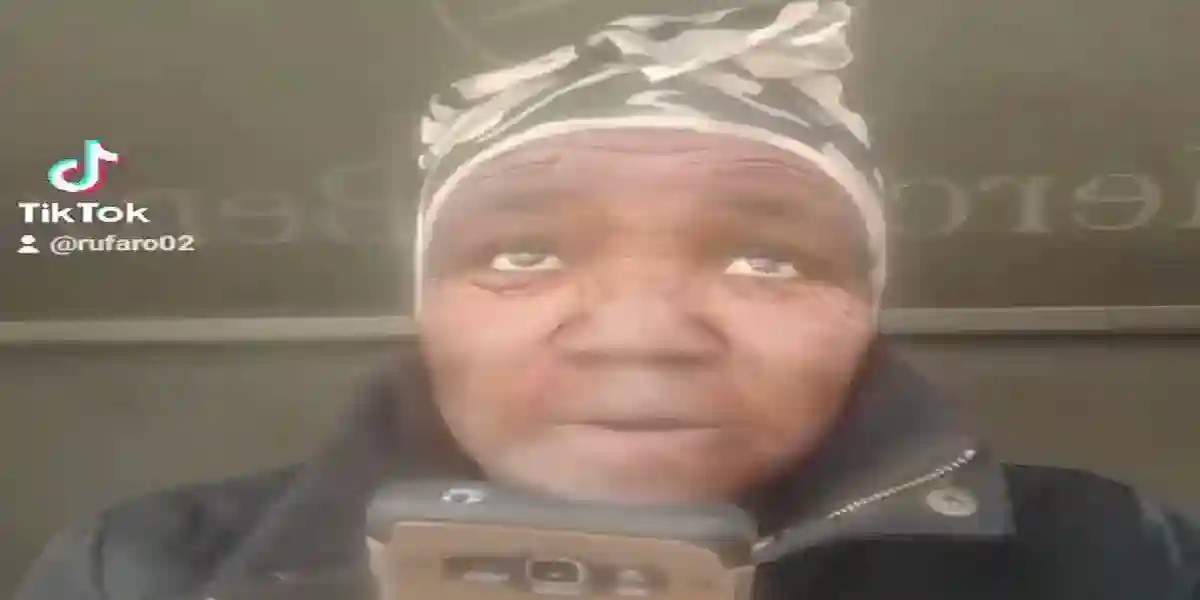Zimbabwe was taken by storm recently when an unidentified granny’s voice note to her womanising grandson Abhero was leaked to social media.
The voice note, now referred to as Mhoro Abhero (greetings Abhero or Abel) attracted the attention of many mainly because of granny’s diction in trying to advise Abhero against impregnating women carelessly.
Pindula News made some research on why the granny could have used obscenities and observed that her diction was popular on such matters.
It is actually a norm that was being practised in old day Zimbabwe, a culture that might be slowly fading as the use of vulgar especially in the public is considered a taboo by younger generations.
Mhoro Abhero is not the only incident when a granny’s audio or video in which obscenities are shouted has circulated online. About a year or so ago, another unidentified granny was filmed speaking vulgar at a rain-making ceremony.
In fact, the use of vulgar was common for a number of events and or ceremonies including Mukwerera, the practice of asking for rain amongst the Shona of southern Africa.
- This Celebration Of Mediocrity And Vulgarity In The Music Industry Has To Stop
- ‘Grace Was Extremely Crude & Vulgar – Caused Mugabe’s Downfall’ – Tshinga Dube
- MDC-T Responds To Reports Youths Are Demanding Demo Payment, Defends Vulgar Language Against Chigumba
- ZRP Speaks On Charity Charamba Vulgar Voice Note Circulating On Social Media, Threatens Arrest
- Boom Beto Says Song “Amai Mudonhedza Musika”, Isn’t Vulgar
- Woman In Court For Sending Vulgar Messages & Pictures To Young Sister’s Boyfriend’s Wife
- Harare Man Invades Church, Scolds Ex-wife And Pastor
- ZNOART Condemns Harassment Of Female Passengers By Touts {Full Statement}
Some respondents in a 2017 research by Shadreck Chirikure, Robert T. Nyamushosho, Herbert Chimhundu, Collet Dandara, Hamutyinei H. Pamburai and Munyaradzi Manyanga asserted that vulgar was used at Mukwerera. Reads part of the book:
Among the Manyika, some respondents noted the use of sexual or vulgar chants and erotic dances by older (menopausal) women and young (pre-adolescent) girls. This is aimed at ‘seducing’ the mhondoro to release the rains. Prominent dances include hoso, most popular among Kalanga, mafuwe (Korekore), as well as Ndau special dances such as muchongoyo, mbongo or chinyambera.
Among the Shona people, the use of obscenities was a preserve for a few especially the elderly and would be conducted in private.
(Concept and knowledge revision in the post-colony: mukwerera, the practice of asking for rain amongst the Shona of southern Africa – Chapter 2 of the book.)
More: Pindula News

